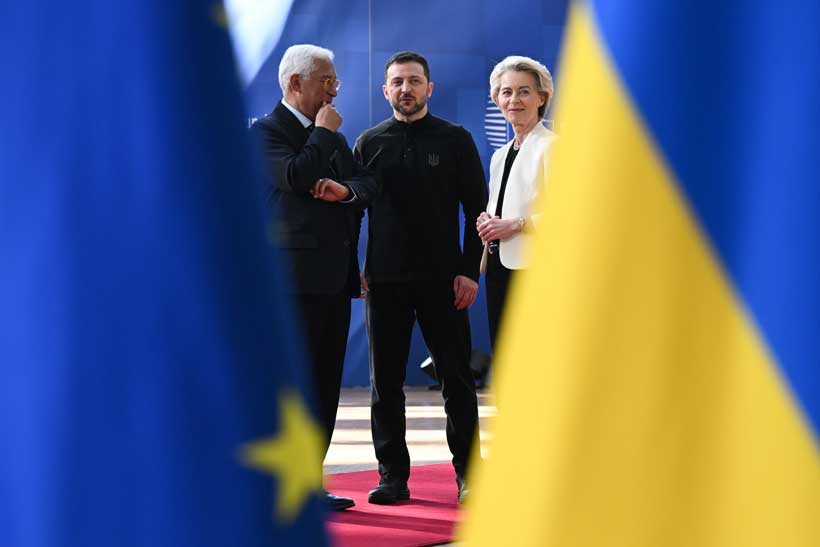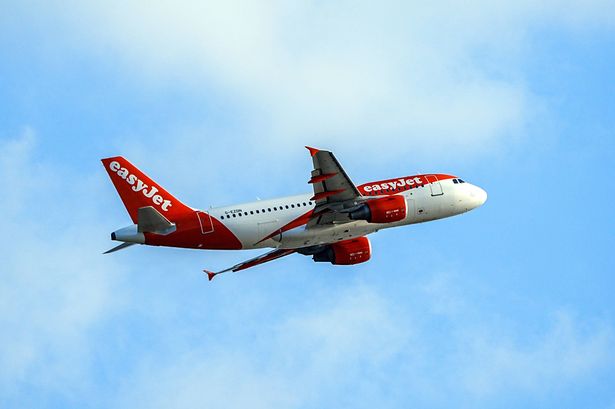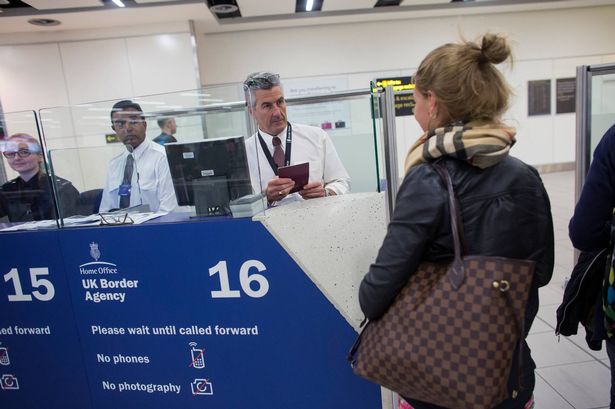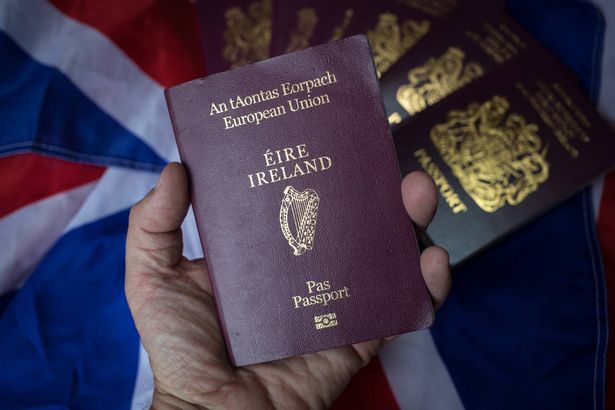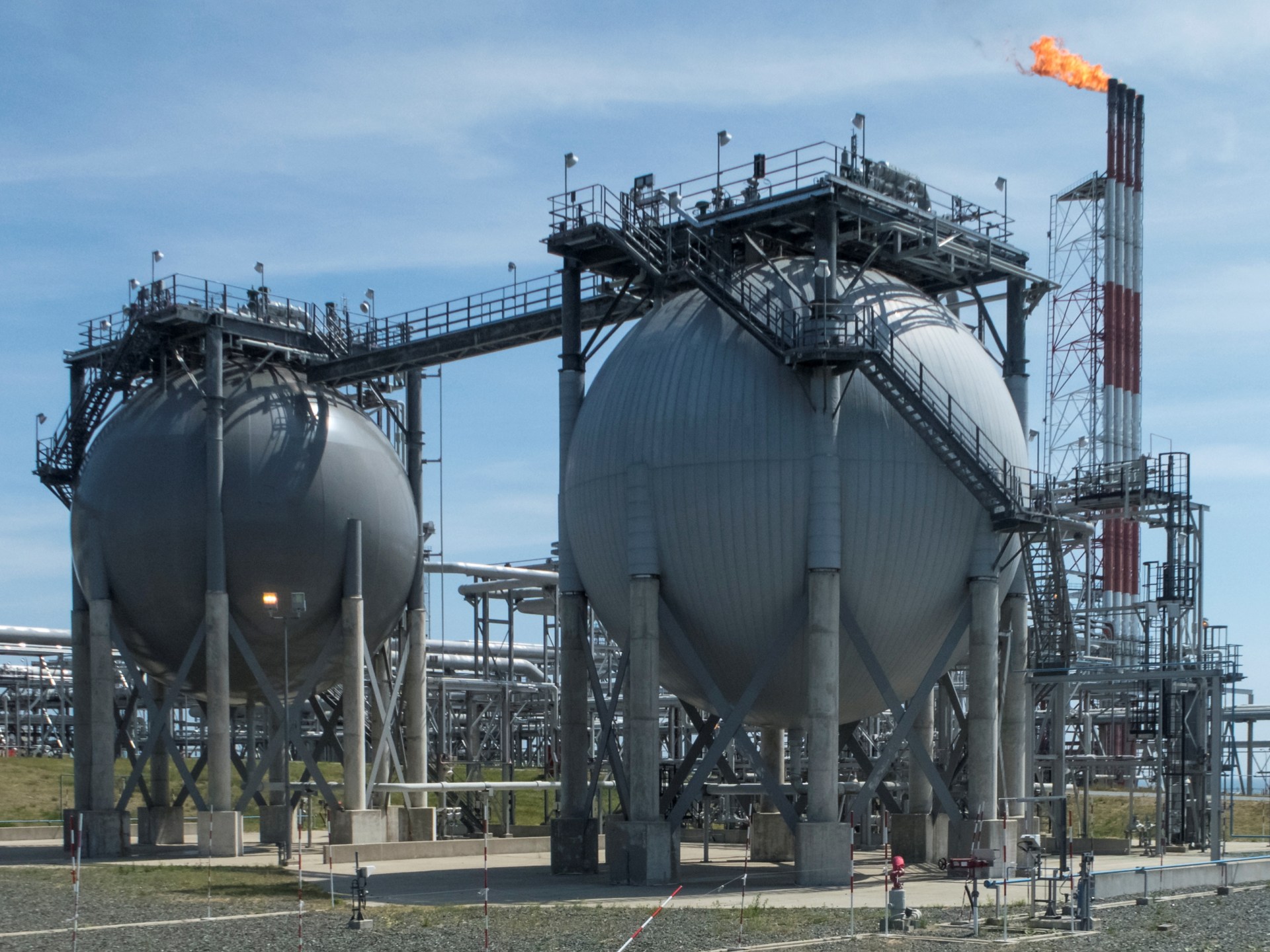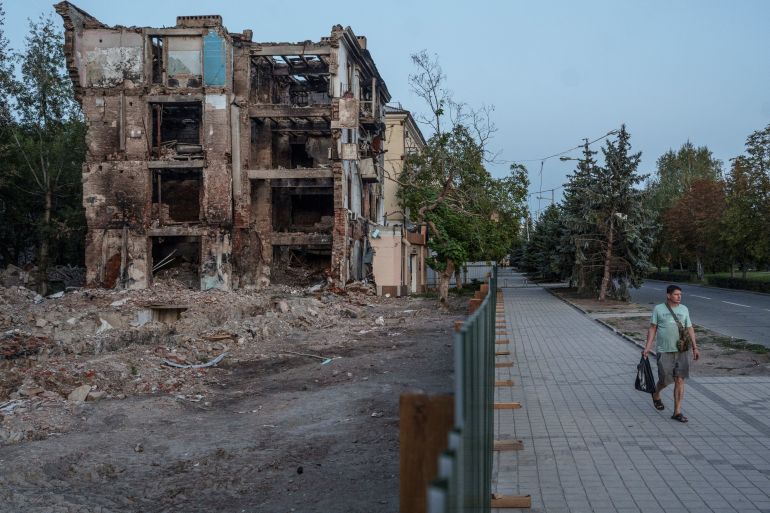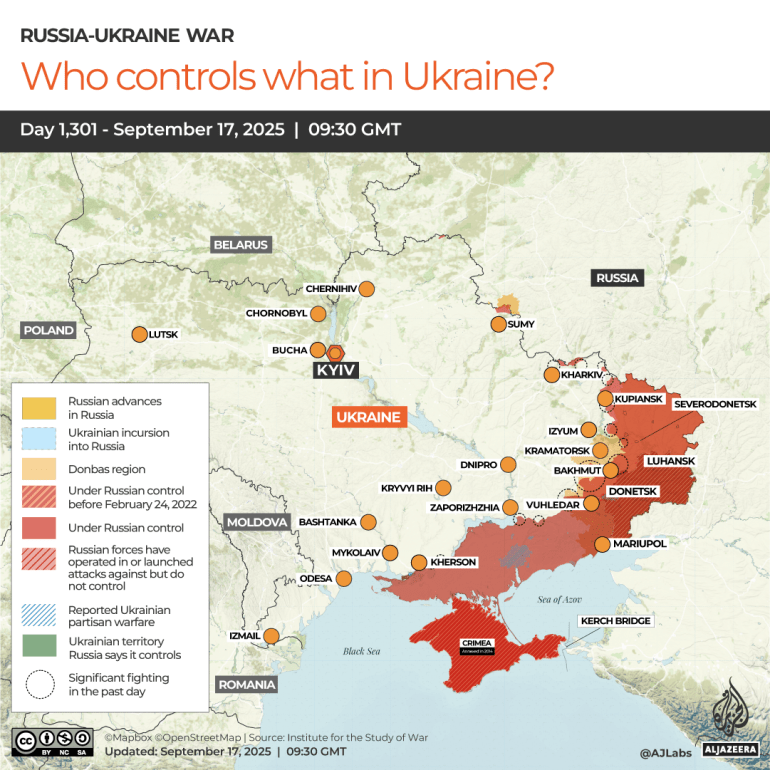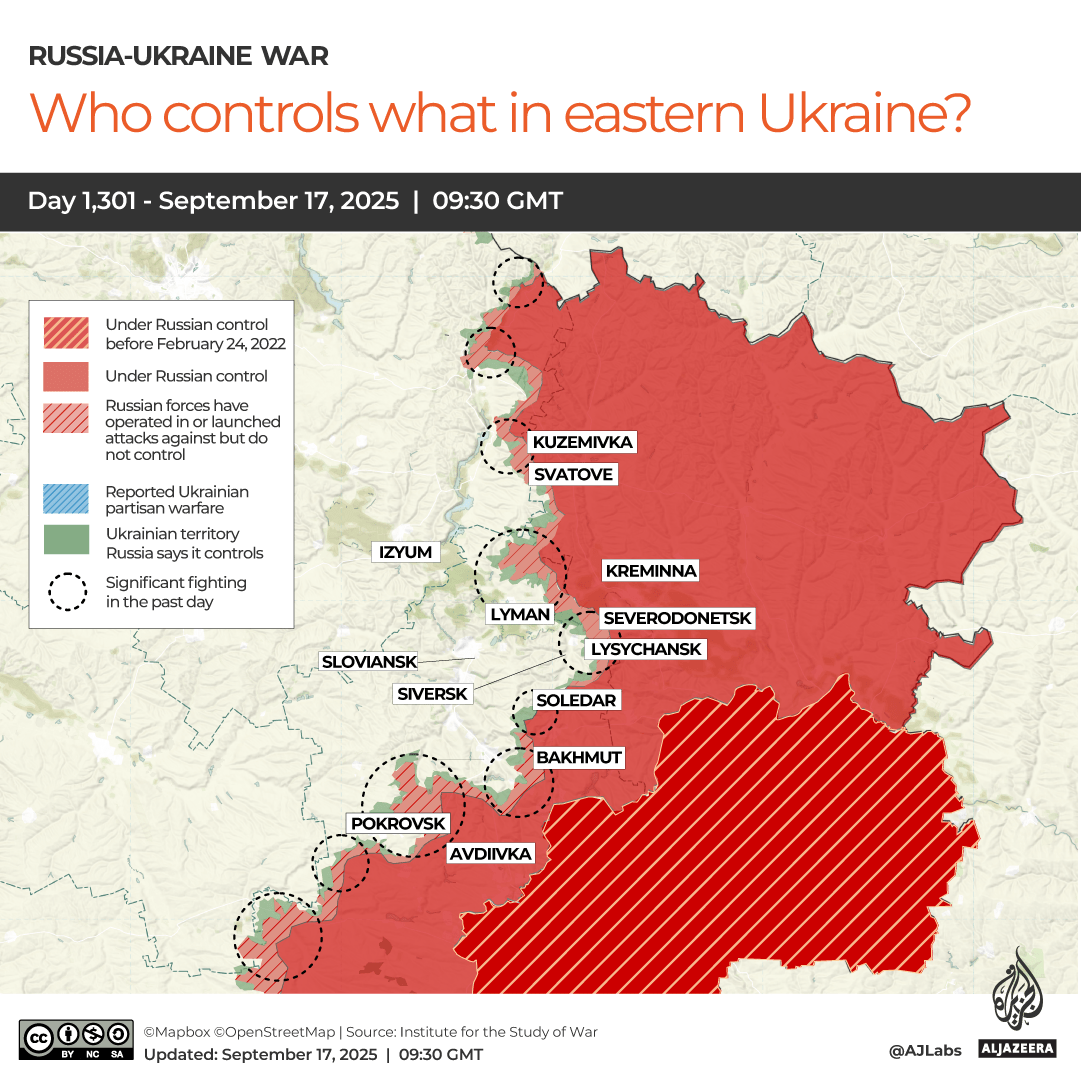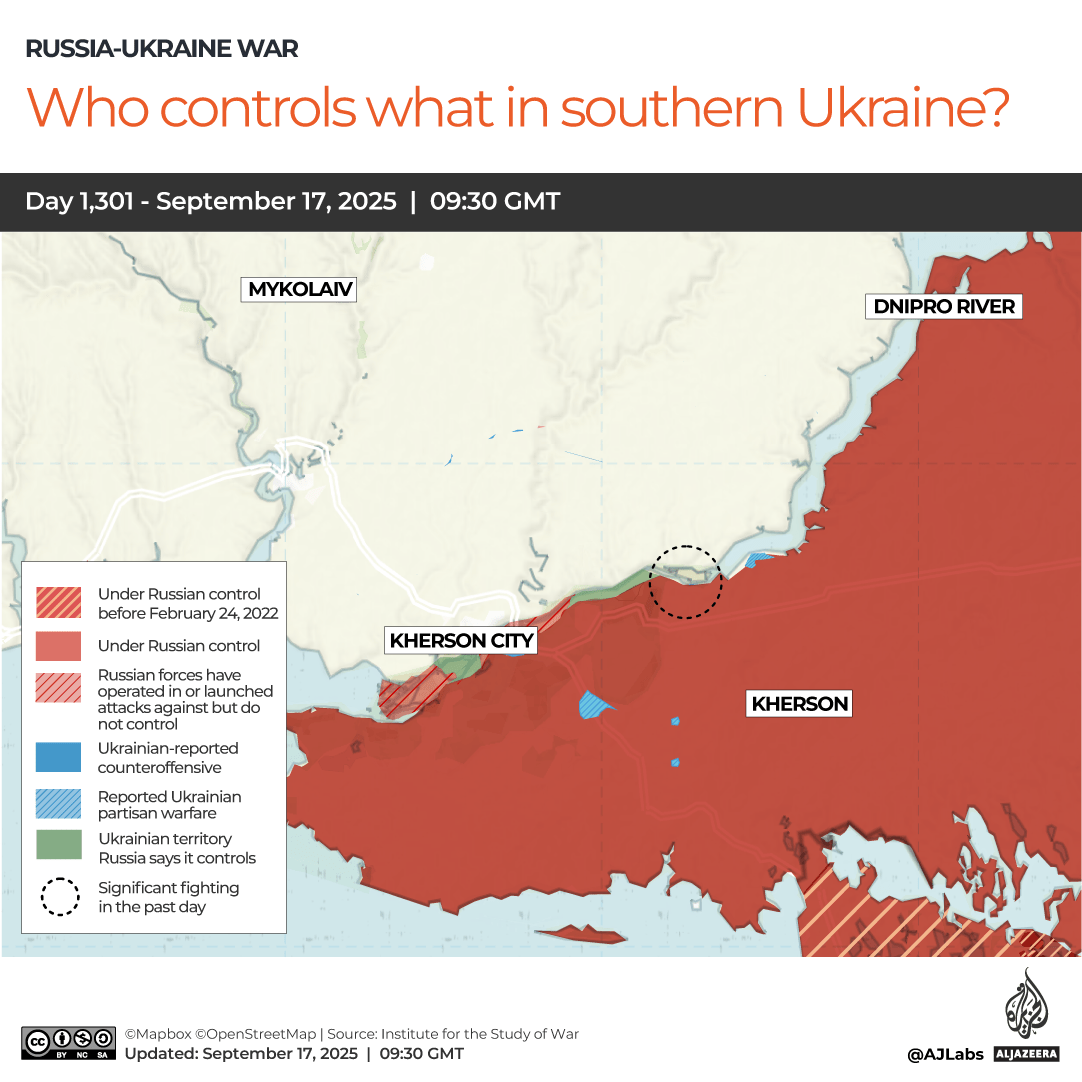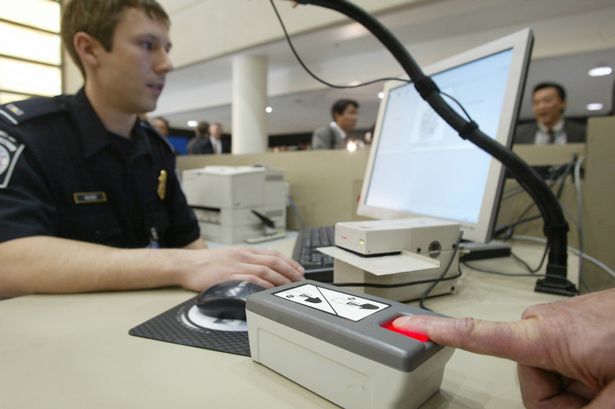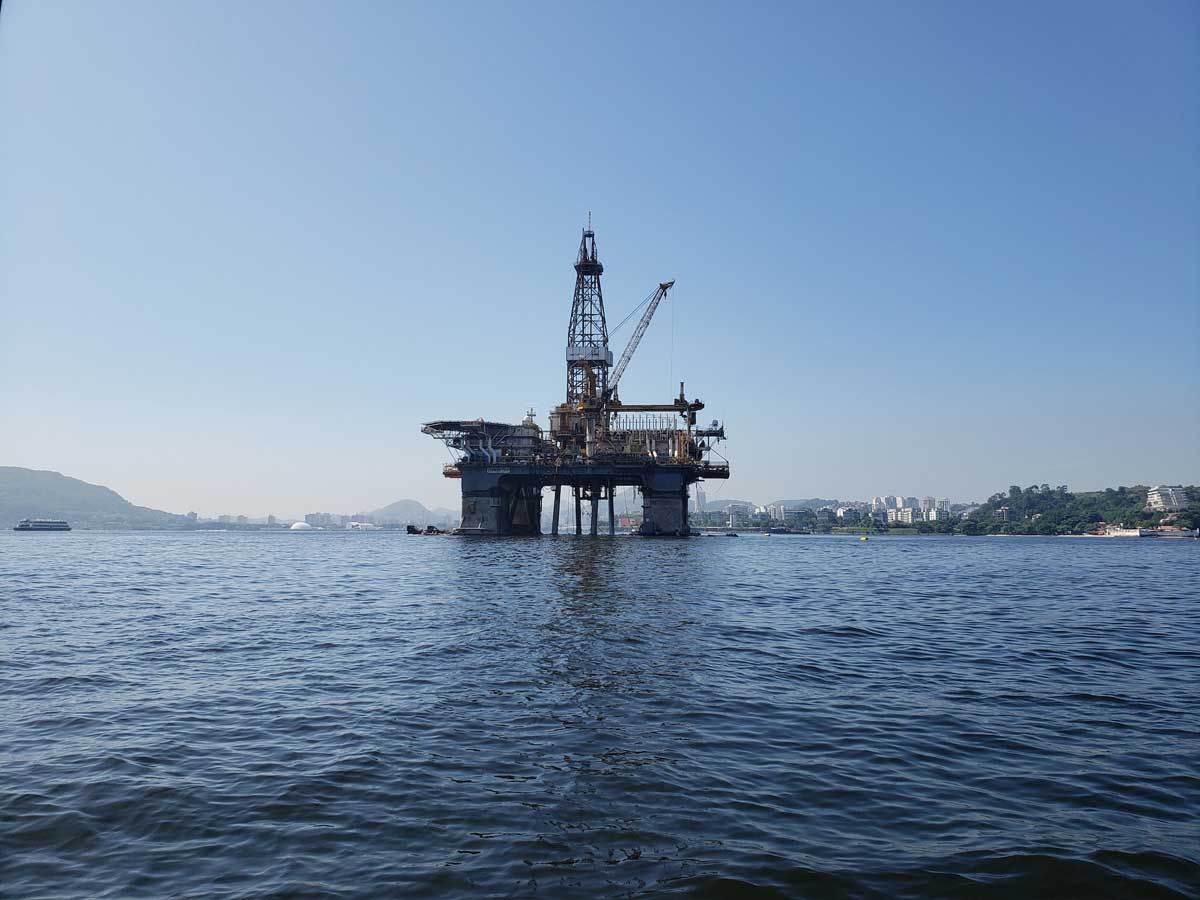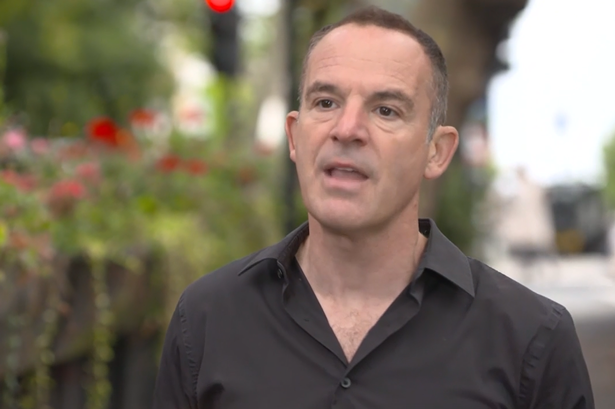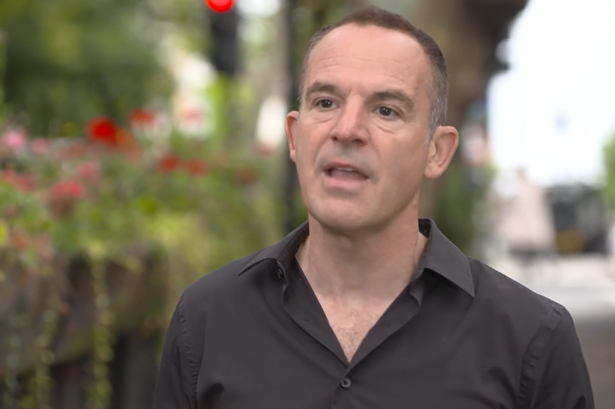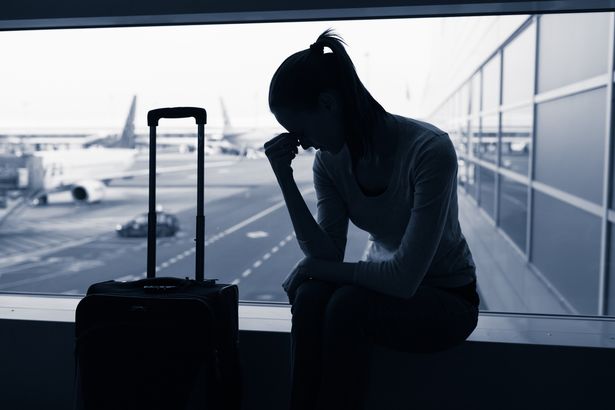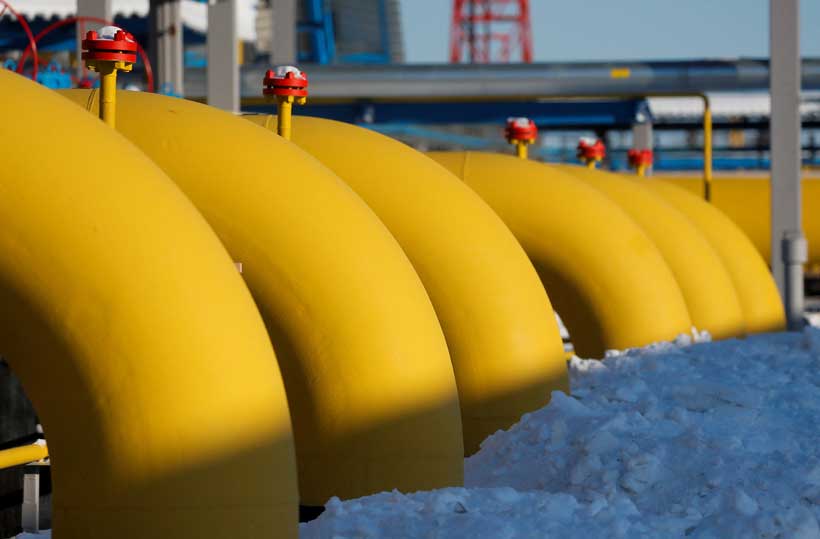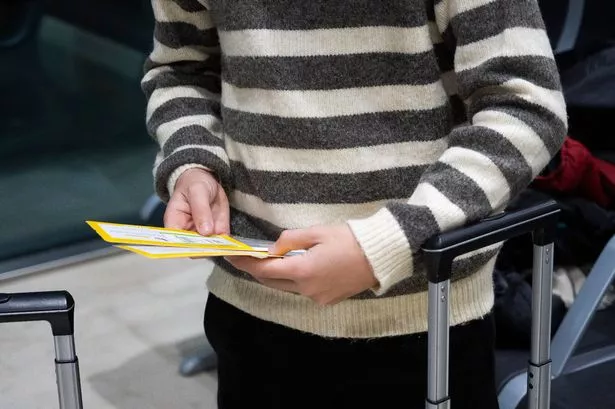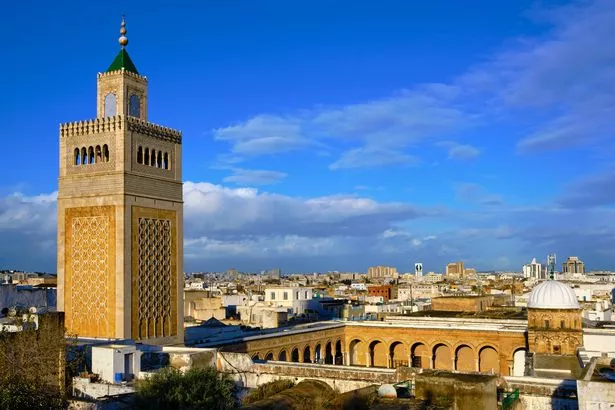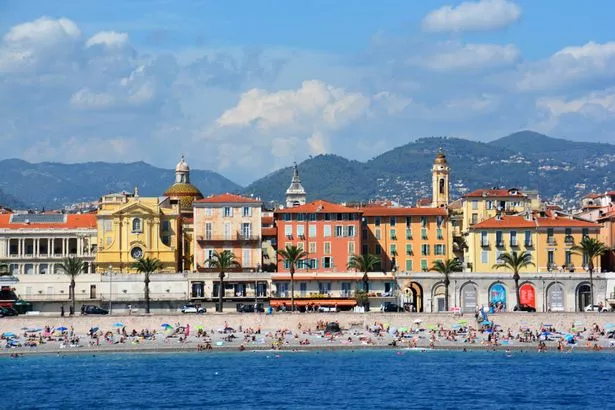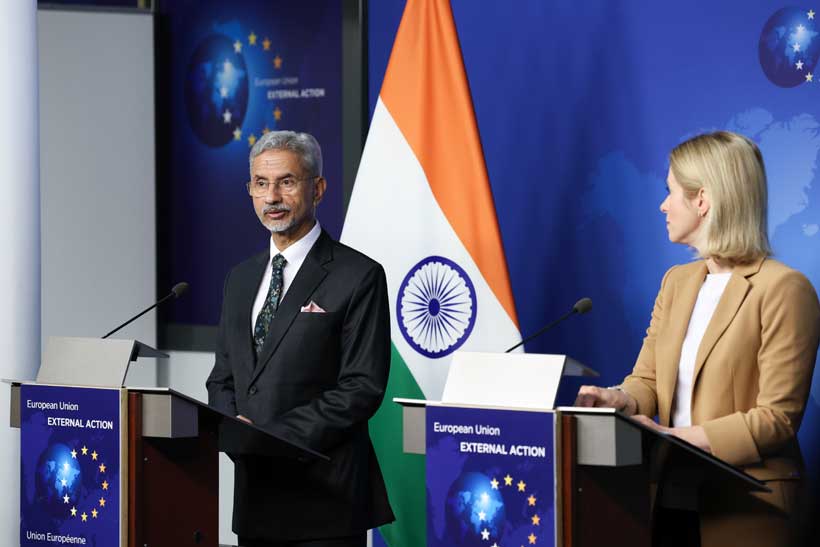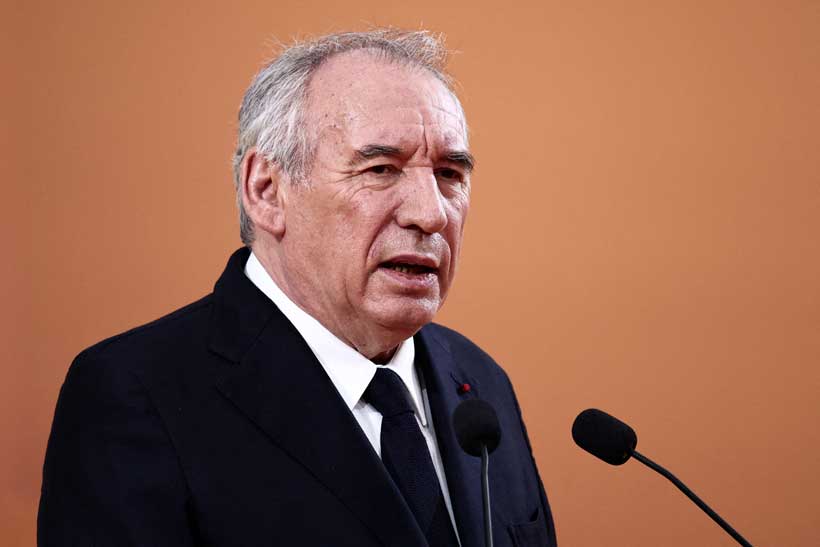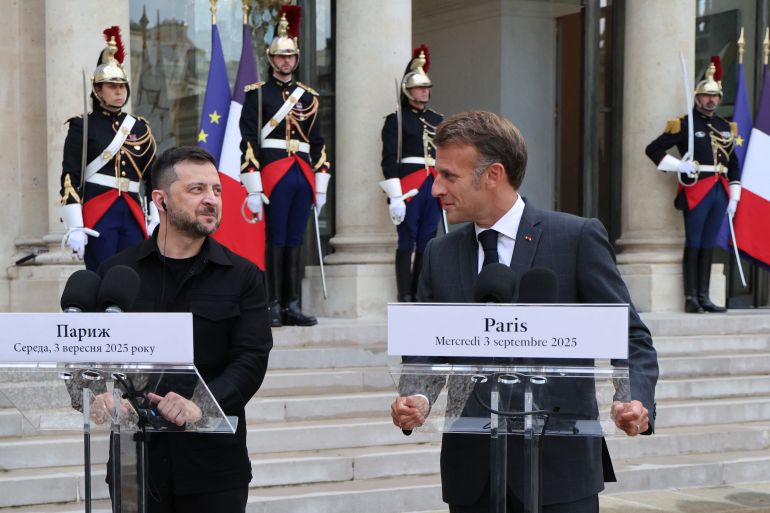Tesco Mobile, EE, Vodafone, Sky Mobile, O2 and Three all have different policy when it comes to how much customers pay when using their mobiles in the EU post-Brexit
Tesco Mobile has extended its free-roaming policy so customers can use their minutes, texts and data for no extra cost when in Europe.
Since leaving the EU, people living in the UK have been excluded from the bloc’s 2022 Roaming Regulations, which ban mobile operators from charging customers extra when they travel into other EU countries with their phone.
While some providers have allowed their customers to keep the perk, others have started charging considerable sums. Today, Tesco Mobile announced that it will not charge its users extra for texts, calls, and data made across 48 EU destinations “into 2026 and beyond.” Until this point, Tesco Mobile had hinted that the perk would end at the beginning of next year.
Laura Joseph, chief customer officer at Tesco Mobile, said: “We know how important it is for families to stay connected—whether you’re sharing holiday snaps, checking in with loved ones, or finding your way around a new city. That’s why we’re proud to extend our roaming offer, giving customers the freedom to use their UK data, minutes, and texts across 48 destinations in the EU and beyond, at no extra cost. With no setup, no hidden fees, and no stress, it’s one less thing to worry about when you’re away.”
Here is a rundown of the other major mobile providers in the UK and how much they charge for roaming in EU countries.
Under EE you can use your minutes, texts and data allowances in its European roaming zone – which includes most countries on the Continent – for £2.50 a day (up until midnight UK-time). You don’t need to do anything to opt in. If you use your allowances you’ll pay £2.50 for that day, and if you don’t, you won’t be charged anything. You can also buy a £10 ‘roam home’ seven day package.
The phone company offers free data roaming in the EU, so your data (subject to roaming limit), minutes and text allowances will work in the Europe Zone, just like they do at home.
If your UK monthly data allowance is over 25GB, you’ll have a roaming limit of 25GB when roaming in the firm’s Europe Zone. This means you can use up to 25GB of your allowance at no extra cost. O2 sends customers a text if they’re getting close to the limit, and again if they reach it. Then they can buy a ‘bolt on’.
For Pay Monthly customers, it’s a daily charge of £7 per day for unlimited calls, texts and date. For Pay As You Go customers, it’s a daily charge of £1.99.
Those customers whose plans started on or after October 1, 2021 can unlock their data, call and text for a daily roaming charge. For Pay Monthly customers, roaming costs £2 a day in Europe and £5 a day in Go Roam Around the World destinations. The Republic of Ireland and the Isle of Man are excluded from the daily roaming charge.
If you’re on a Three Your Way plan, it comes with up to 56 days of roaming included. If you run out – or you’re on a Standard plan – you can also buy three, seven, or 14-day Go Roam Passes. With a £5 a day Data Passport, you can get unlimited data to use when roaming.
Mirror Travel WhatsApp group

Sign up for a selection of the best travel stories, straight to your phone
Mirror Travel
You can get a breaking travel stories along with some of the most interesting, important and fun travel stories sent to your phone every day by subscribing to the Mirror Travel WhatsApp. It’s completely free and takes minutes to do.
If your plan doesn’t have inclusive roaming in the firm’s Europe Zone – which includes all European countries other than Ireland, the Isle of Man, Iceland and Norway – then it will cost you £2.57 a day to roam. You can reduce this cost with a European Roaming pass, available as £15 for eight days or £20 for 15 days (a cost increase of roughly 25% in two years)
A day starts from the time when roaming is detected and lasts for 24 hours. For example, if roaming is detected at 10am, the daily roaming fee would be valid until 10am the next day. If you bought your plan before 11 August 2021, roaming is included up to 25GB of data usage.
‘Roam Like Home’ is available to all BT Mobile customers at no extra cost. It lets you to use your minutes, texts and data allowances within our Roam Like Home zones without paying extra roaming charges.
From 15 June 2017, if your plan gives you 20GB or more of data each month, a surcharge may be applied if you use more than 15GB, while roaming, in one billing cycle.
GiffGaff has one of the most generous policies out there. The company’s plans can be used in the EU and selected destinations just as customers would use them at home and at no extra cost. If you opt to pay as you go and use credit instead, data, calls and texts will be charged at the firm’s pay-as-you-go UK rates while you roam in the EU.
There’s a fair use limit on data of 5GB. If you go over it’ll cost 10p/MB, or you can start a new plan early which will give you another 5GB allowance.
The company has a roaming passport which costs £2 a day and lets you access your UK data, calls and text allowances in over 55 popular holiday destinations, including the EU, the USA and Australia and more.
